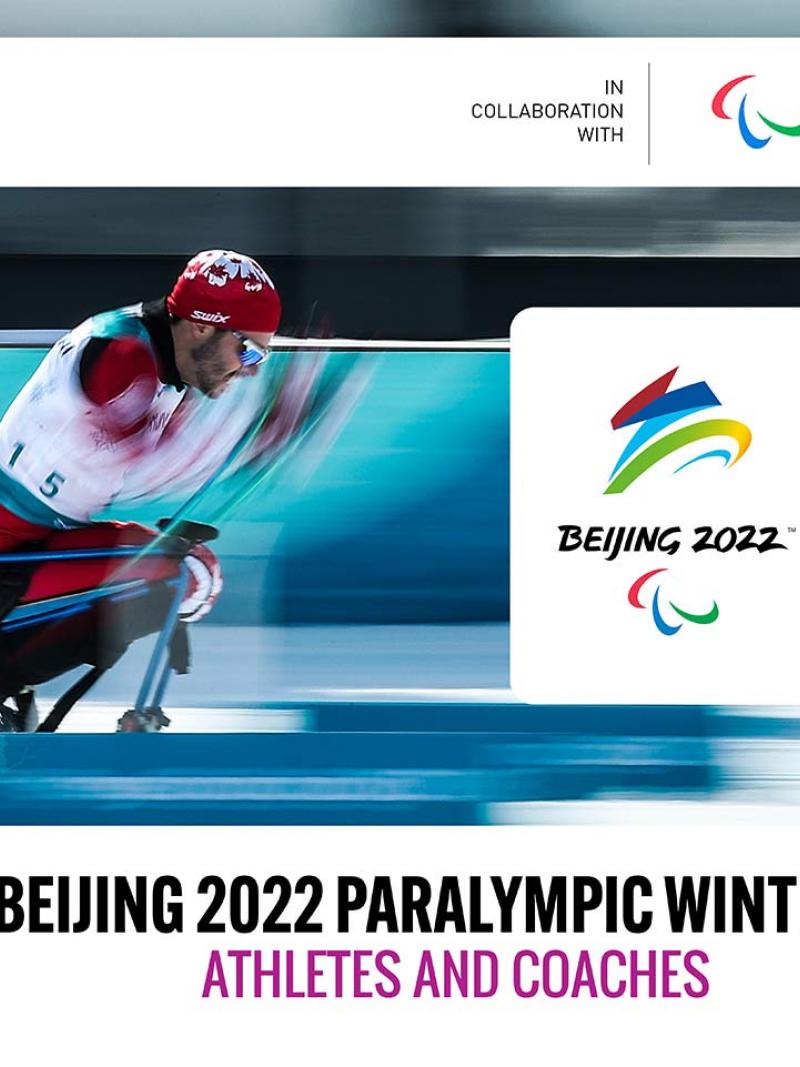Wheelchair curler accepts six-month ban for anti-doping rule violation
Matter resolved by agreement after the IPC appealed to the CAS against a first instance national-level decision 16 Sep 2022Paralympic wheelchair curler Françoise Jaquerod has admitted commission of an anti-doping rule violation and accepted a six-month period of ineligibility.
On 29 January 2022, the athlete provided an out-of-competition urine sample, which was analysed and found to contain hydrochlorothiazide, a prohibited substance. Hydrochlorothiazide is listed in class S5 (Diuretics and Masking Agents) of the 2022 Prohibited List, and its use without a Therapeutic Use Exemption (TUE) is prohibited both in and out of competition.
On 16 February 2022, Swiss Sport Integrity notified the athlete she may have committed anti-doping rule violations under Articles 2.1 and 2.2 of the Swiss Olympic Doping Statute (presence and use of a prohibited substance). The athlete was provisionally suspended with immediate effect.
The athlete’s case was heard on an expedited basis by the Swiss Sport Disciplinary Tribunal. On 25 February 2022, the tribunal imposed a 10-day period of ineligibility that, in effect, expired the following day because the athlete was given credit for the period during which she was provisionally suspended, enabling the athlete to compete at the Beijing 2022 Paralympic Winter Games.
The IPC was not immediately notified of the athlete’s case and therefore, after the Games, filed an appeal against the tribunal’s decision with the Court of Arbitration for Sport (CAS).
The IPC, the athlete, and Swiss Sport Integrity subsequently agreed to resolve the proceedings without a hearing, and that settlement was approved by the CAS.
The athlete admitted the violations and the IPC accepted that the hydrochlorothiazide in the athlete’s sample was a result of her use of prescription medication used for legitimate therapeutic reasons. The parties agreed, contrary to the approach taken by the tribunal at first instance, that the standard for No Significant Fault or Negligence is not reduced or lessened in the case of athletes with an impairment or disability (as previously confirmed by CAS jurisprudence). Therefore, the appropriate period of ineligibility for the athlete’s violation is six months, which will expire on 27 September 2022.
The parties also agreed that even though the 10-day sanction imposed at first instance enabled the athlete to compete at the Games, the athlete’s results at the Games will not be disqualified because during the Games period she possessed a valid TUE for her use of hydrochlorothiazide.
James Sclater, the IPC’s Anti-Doping Director, said: “This case could have been avoided if the athlete had checked whether her medication contained any prohibited substance and had followed the rules for Therapeutic Use Exemptions. The case also confirms that athletes who test positive for a prohibited substance are not entitled to a reduced sanction simply because they have an impairment, or because they are due to compete in a major event soon afterwards. The IPC will monitor national-level decisions involving athletes with impairments and, if necessary, exercise its right to appeal decisions in order to uphold the fundamental principles of the Code”.
As a signatory to the World Anti-Doping Code, the IPC remains committed to a doping-free sporting environment at all levels. In the spirit of sport, the IPC will lead the fight against doping in sport for athletes with an impairment.







